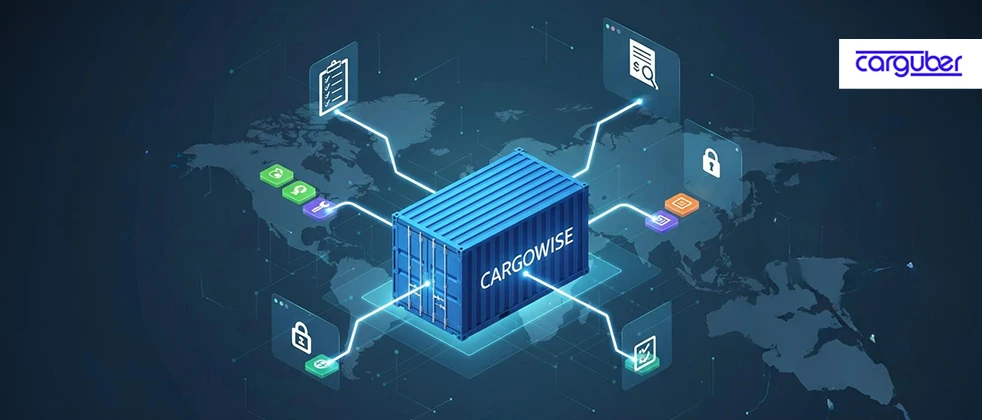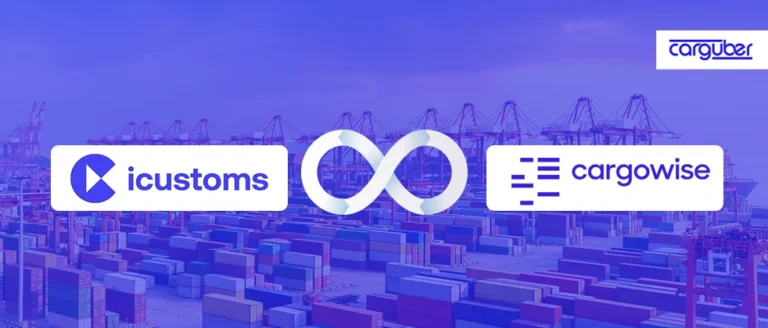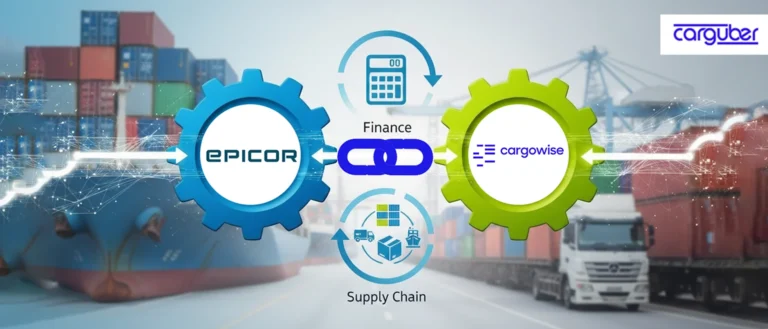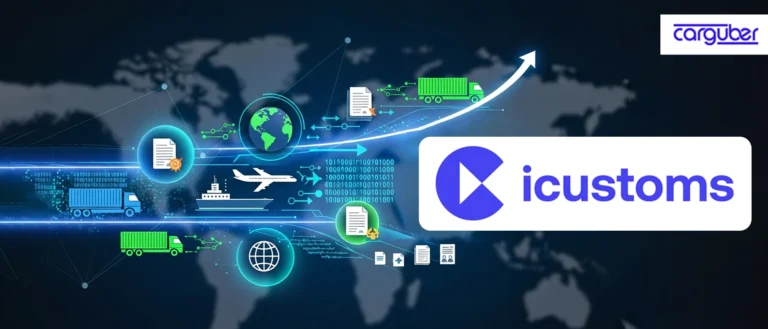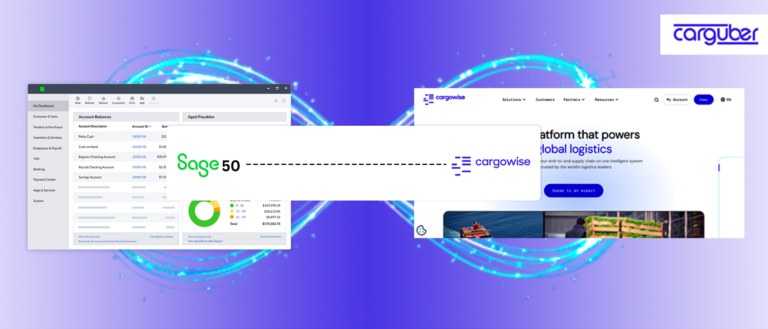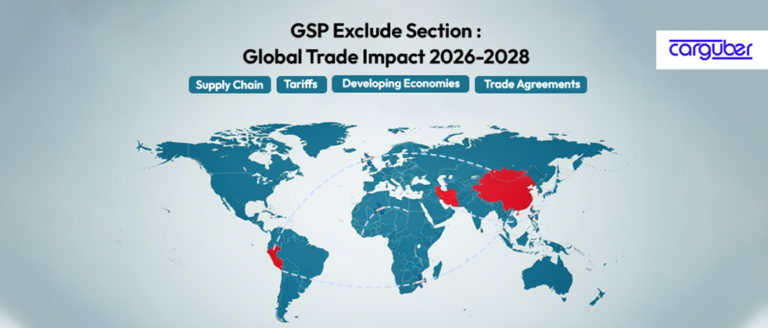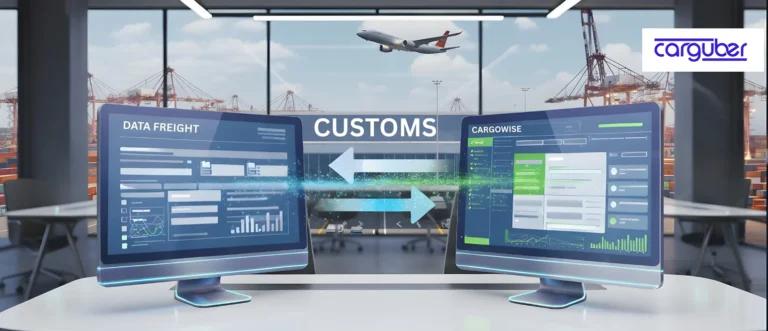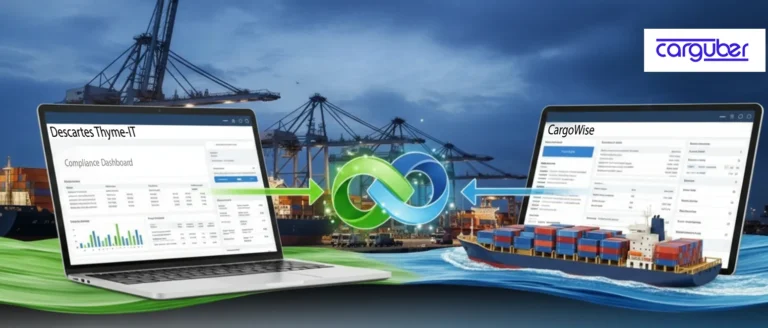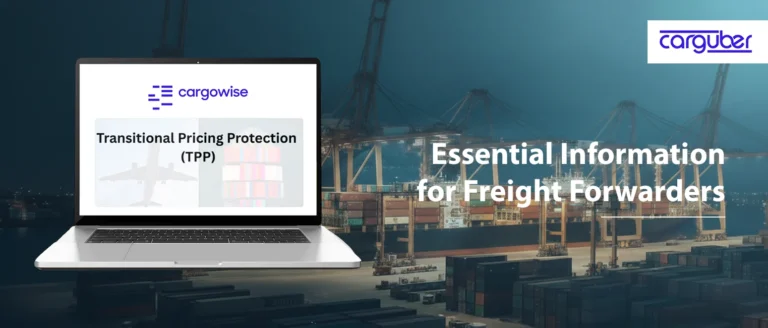How do Custom Fields Work in CargoWise and Why are They Essential for Optimizing Logistics Operations?
Each logistics operation has its own unique requirements, and a generic solution rarely meets those specific needs. Implementing CargoWise marks the start of digital transformation, but many businesses quickly realize that default workflows do not reflect how their business actually operates.
CargoWise custom fields are designed to close this gap. They enable users to add new data fields that correspond to their internal processes, transforming CargoWise into a system that accurately reflects how their company operates.
CargoWise allows users to create and configure additional data fields that capture specific business information. Whether you’re managing jobs, shipments, invoices, or warehouse operations, these custom data points ensure that every workflow accurately reflects your company’s operations.
What are Custom Fields in CargoWise?
Custom fields are additional data fields that can be created within CargoWise to store information that the standard setup does not include. They increase the CargoWise platform’s flexibility, allowing you to record, search, and report data unique to your business model.
They can be integrated into a variety of CargoWise modules, including forwarding, customs, warehouse, transportation, finance, and even master data records such as customers or suppliers. Once created, these fields behave exactly like standard fields, which means they can appear on screens, documents, and reports.
Custom fields can be created within multiple modules, such as
- Forwarding and Jobs: Record internal reference numbers, customer-specific tags, and project information.
- Customs: Add permit IDs, HS code notes, or clearance instructions.
- Warehouse: Record temperature range, storage condition, or pallet specifications.
- Finance: Track cost centers, invoice references, or payment batch codes.
You can specify the type of each field (text, date, list, number, or checkbox) and its behavior, such as whether it is required, visible to specific users, or included in reports.
For example, a freight forwarder handling perishable goods might create a field called “Temperature Range,” and another company might use “Client Reference” to maintain customer-specific identifiers. In both cases, these custom inputs simplify data management and make records more relevant to business operations.
The Importance of Custom Fields in CargoWise for Freight Forwarders and 3PLs
Most logistics providers’ efficiency is determined by their ability to integrate systems into their daily workflows. Standard CargoWise ERP rarely covers all operational nuances. But freight companies handle a wide range of cargo types, customer demands, and trade regulations, all of which necessitate unique data capture. That’s where CargoWise custom fields prove indispensable.
Aligning Systems with Actual Operations
CargoWise’s standard setup is designed for general logistics processes, but real-world operations frequently require greater flexibility. With custom fields, businesses can shape CargoWise around their unique workflows, covering specialized areas like dangerous goods, cold chain cargo, or complex projects, so every critical data point is captured precisely where it belongs.
Enhancing Compliance and Traceability
Regulatory data is an important component of logistics, from DG approvals to customs permit tracking. Custom fields enable users to store approval numbers, expiration dates, and regulatory statuses within job records. When combined with CargoWise workflow triggers, these fields can help teams remain audit-ready and avoid costly compliance gaps.
Improving Collaboration and Visibility
When multiple teams rely on the same data, such as finance, operations, warehouse, and customer service, consistency is critical. Custom fields enable this by creating data points that can be shared across departments. Rather than relying on manual updates or external notes, each user sees accurate, real-time information within the system.
Supporting Decision-Making
Companies can gain a better understanding of performance by tagging jobs, shipments, or invoices with specific parameters. Would you like to view profitability by “customer segment” or “cargo type”? Custom fields make this possible. The end result is better analytics, faster decisions, and fewer blind spots.
Types of Custom Fields You Can Create in CargoWise
CargoWise provides users with multiple field formats, allowing them to capture information in the most appropriate way. Selecting the appropriate type is critical to ensuring accuracy and efficiency.
- Text fields are used to store short notes or unique identifiers like reference numbers, contact names, or internal comments.
- Dropdown lists enable users to select from predefined options, making data entry faster and more consistent. They are ideal for service types, shipment modes, and branch locations.
- Date fields are useful for tracking deadlines, renewals, and milestone events such as delivery or inspection dates.
- Number fields handle measurable data like weights, codes, and financial values.
- Checkbox fields (Yes/No) simplify confirmations, such as “DG Approved” or “Customer Notified.”
Each field can also be assigned permissions so that only authorized users can view or modify it. This ensures that sensitive or department-specific information is protected. When properly implemented, these field types contribute to a more structured and reliable CargoWise database.
How Can Custom Fields Enhance Logistics Operations and CargoWise Performance?
Turning Data into Insight
Every custom field converts into a data point that can be filtered, reported on, or visualized. Managers can analyze metrics such as shipment categories, delivery lead times, and customer-specific costs using operationally relevant data. Because these fields are integrated with CargoWise’s reporting engine, users can also export this data to BI platforms such as Wise BI to visualize KPIs in real time.
Simplifying Workflows
Custom Fields can be used to trigger automation within CargoWise. For example, when a “Permit Status” changes to “Approved,” the system can automatically notify the customs team or advance the job to the next stage. Similarly, ticking the “Customer Invoice Sent” checkbox may result in an automated follow-up reminder. These minor automations lighten administrative burdens and ensure process consistency across branches.
Strengthening System Performance
Well-planned custom fields improve CargoWise performance without overhauling the system. Organizing data in structured categories rather than free text reduces redundancy and speeds up system searches. Over time, this leads to cleaner data, fewer user errors, and faster system performance, all of which contribute to more dependable daily tasks.
Unifying Business Intelligence and Operations
Custom Fields fill the gap between frontline execution and management analysis. Operations teams can work more quickly with accurate context, while leadership gains access to detailed insights that inform strategic decisions. It’s a data foundation that becomes smarter with each job completed.
Optimize Your CargoWise Environment with Custom Field by Carguber
While CargoWise allows users to easily create custom fields, making them meaningful requires careful planning. Poorly structured or excessive fields can cause data clutter, inconsistency in reporting, and slower system response times.
Meet Carguber, a CargoWise consultant who helps logistics companies design purpose-driven custom fields. Our process begins with understanding your business model and determining which information is truly driving your workflows. From there, we map each field across relevant modules, ensuring seamless integration with reporting, automation, and finance processes.
Conclusion
Custom fields are one of CargoWise’s most powerful, yet underutilized, features. They give you the ability to customize your digital workspace, gather information that is pertinent to your business, and create the framework for analytics and automation. When properly configured, it can handle everything from standardized ERP design to the dynamic and meticulous world of freight forwarding.
Contact us today to set up a CargoWise environment that understands your operational language, field by field.
